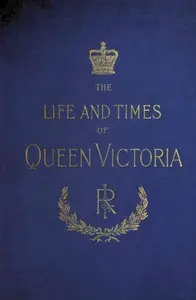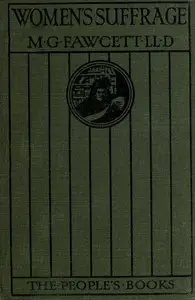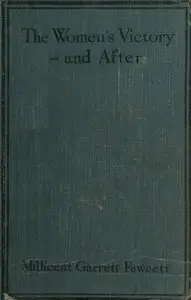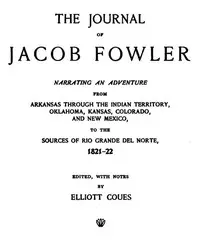"Life of Her Majesty Queen Victoria" by Millicent Garrett Fawcett is a biography that shines a light on the life and rule of Queen Victoria. The book looks at how she grew up and what helped make her who she was, along with important things that happened that show what she did as queen. It wants to show how hard her job was and how she worked through those tough times, while also praising her for what she did for England's monarchy and how the government grew. The story starts by talking about what people thought about female rulers and how things were when Queen Victoria started ruling. Fawcett points out that it's not fair to think that male rulers are always better than female ones, using examples of successful queens from the past. It also tells about Queen Victoria's early life, her family, and the political situation before she became queen. The story explains how she was raised, the problems she had with the rulers before her, and how she grew into a queen who was respected even though people didn't expect much from women.
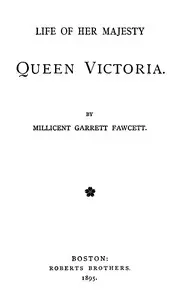
Life of Her Majesty Queen Victoria
By Millicent Garrett Fawcett
Witness the rise of a young woman overcoming prejudice to become one of history's most influential monarchs.
Summary
About the AuthorDame Millicent Garrett Fawcett was an English political activist and writer. She campaigned for women's suffrage by legal change and in 1897–1919 led Britain's largest women's rights association, the National Union of Women's Suffrage Societies (NUWSS), explaining, "I cannot say I became a suffragist. I always was one, from the time I was old enough to think at all about the principles of Representative Government." She tried to broaden women's chances of higher education, as a governor of Bedford College, London and co-founding Newnham College, Cambridge in 1875. In 2018, a century after the Representation of the People Act, she was the first woman honoured by a statue in Parliament Square.
Dame Millicent Garrett Fawcett was an English political activist and writer. She campaigned for women's suffrage by legal change and in 1897–1919 led Britain's largest women's rights association, the National Union of Women's Suffrage Societies (NUWSS), explaining, "I cannot say I became a suffragist. I always was one, from the time I was old enough to think at all about the principles of Representative Government." She tried to broaden women's chances of higher education, as a governor of Bedford College, London and co-founding Newnham College, Cambridge in 1875. In 2018, a century after the Representation of the People Act, she was the first woman honoured by a statue in Parliament Square.






